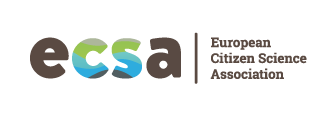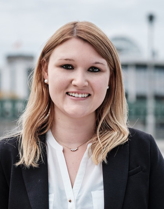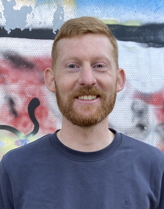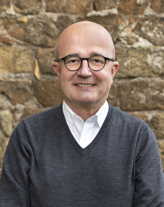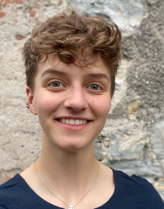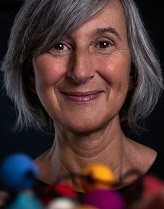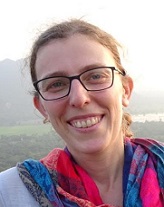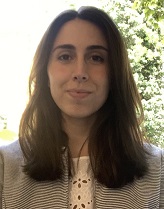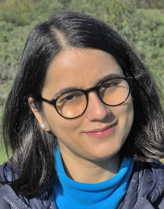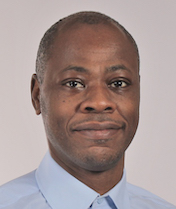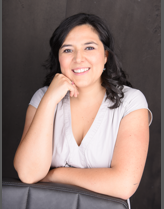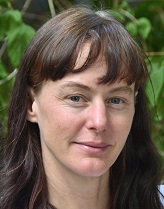We are
ECSA
The European Citizen Science Association (ECSA) was set up to encourage the growth of citizen science in Europe, and to support the participation of the general public in research processes – across science, social science, humanities and the arts.
ECSA is a membership association that brings together many stakeholders who want to increase the democratisation of knowledge production. We are open to both individual and organisational members; currently, our hundreds of members come from countries across the European Union and beyond.
ECSA supports its members by coordinating citizen science projects, performing research on citizen science, and exchanging experiences and capacity-building. Most of our activities are led by members, and often organised through our thematic working groups. These working groups rely on volunteers, who commit their time and expertise to our activities.
In addition to these activities, ECSA engages in research and coordination projects, and acts as a communications hub for citizen science in Europe. These tasks are led by the ECSA team, which has its headquarters in Berlin, generously provided by the Museum für Naturkunde Berlin.
ECSA was launched during the EU Green Week in 2013, emerging from an informal network of researchers and communicators interested in citizen science in Europe. It interacts with groups and disciplines that already have, or want to build, a stronger connection to citizen science, through activities in European Framework Programme projects (such as Horizon 2020 and Horizon Europe). ECSA also advocates for citizen science, contributing to policy briefs, the open science policy platform and helping to develop good practice principles in citizen science.
ECSA is a non-profit association governed by a board with ten members, including the president, two chairs, and a treasurer. All members are elected for three years. Board elections and other governance issues are discussed during ECSA’s annual general assemblies, which are usually held alongside other citizen science events – such as the bi-annual ECSA conference.
The ECSA conferences were held in Berlin in 2016, in Geneva in 2018, in Trieste in 2020 (held online due to COVID), in Berlin in 2022, and in Vienna in 2024. They are an opportunity to accelerate knowledge-sharing across the organisation and beyond, and to engage the host city in citizen science. ECSA conferences are the flagship event in the European citizen science calendar, and a major opportunity to showcase new projects, lessons learned and research findings. They also enable citizen science practitioners from around the world to network with one another.
ECSA is part of a growing network of citizen science organisations worldwide, and is a founding member of the Citizen Science Global Partnership. ECSA also supports and interacts with the growing number of national, regional and local associations and networks in Europe.
All these activities rely on a community of practitioners and researchers who want citizen science to thrive. We are always open to new members – so come and join us!
